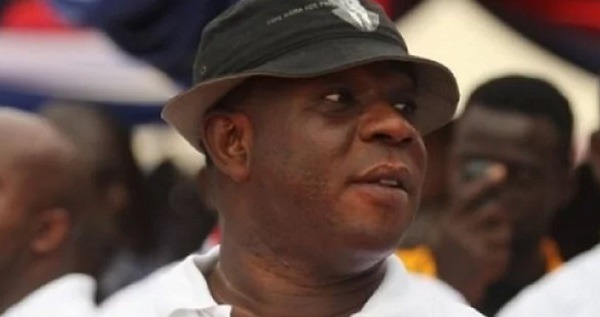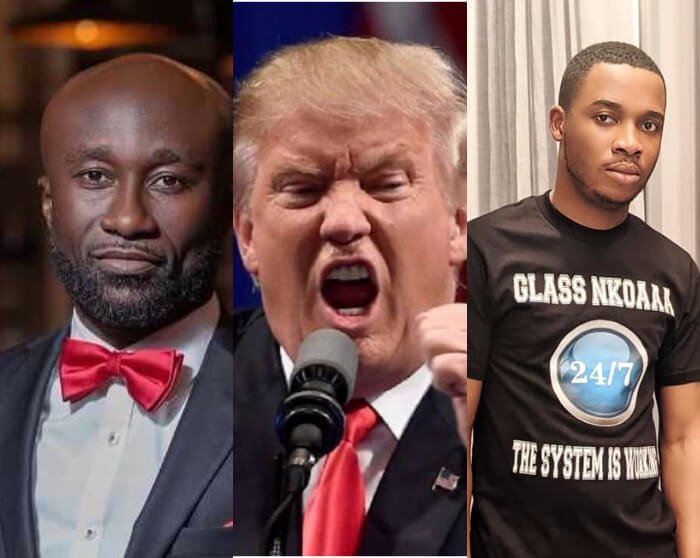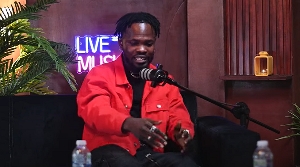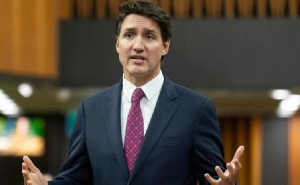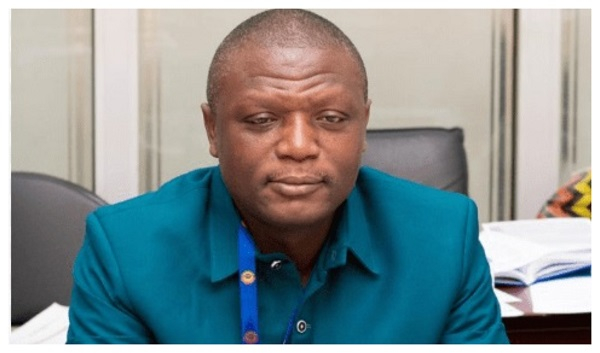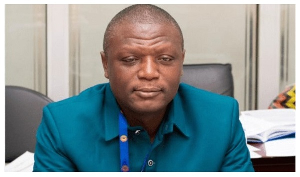It is a great honour to address this distinguished gathering of Heads of State, policymakers, and business leaders, all united by a common vision of a prosperous and self-sufficient Africa.
This conference exemplifies our shared commitment to unlocking Africa’s full potential and ensuring that the continent occupies its rightful position in the global economic landscape. The theme of African Prosperity directly addresses the aspirations of our people: an industrialised, integrated, and inclusive Africa.
AFRICA AT A CROSSROADS
Africa is at a crossroads. On the one hand, we boast immense natural wealth, a youthful and dynamic population, and growing technological advancements. On the other, we continue to grapple with economic disparities, infrastructure deficits, and structural barriers that impede our progress.
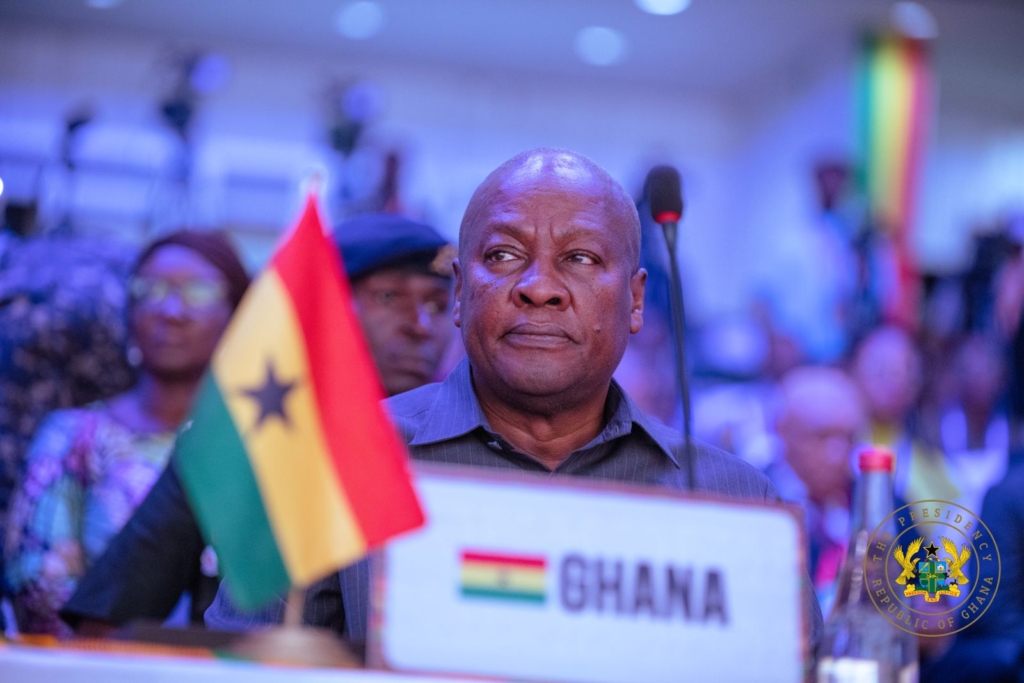
The good news is that our destiny is in our hands. Our actions today—through decisive leadership and strategic partnerships—will define the future of this continent.
TRADE AND ECONOMIC INTEGRATION: THE AFCFTA OPPORTUNITY
One of the most transformative initiatives of our time is the African Continental Free Trade Area (AfCFTA). With the potential to create the largest free trade area in the world, AfCFTA represents a game-changing opportunity for African businesses, entrepreneurs, and industries.
However, trade liberalisation alone is not enough. We must:
1. Invest in infrastructure to facilitate trade—efficient roads, rail networks, ports, and digital connectivity.
2. Strengthen intra-African supply chains to ensure that our industries produce goods and services that meet regional and global standards.
3. Harmonise trade policies to eliminate non-tariff barriers and reduce business costs across borders. Committing to these actions can unlock a $3.4 trillion market, creating jobs and prosperity for millions of Africans.
INDUSTRIALISATION AND VALUE ADDITION
Africa must move beyond exporting raw materials to producing finished goods. Whether it is cocoa in Ghana, oil in Nigeria, copper in Zambia, or diamonds in Botswana, we must process and add value to our natural resources.
By doing so, we will enhance our share of global trade and generate sustainable jobs for our citizens. We must ensure indigenous ownership of our natural resources. Capital and technology are at our disposal to boost our involvement in utilising our natural resources.
Governments must, therefore, work hand in hand with the private sector to drive industrialisation through:
1. Special Economic Zones (SEZs) that encourage manufacturing and innovation.
2. Access to finance for small and medium-sized enterprises (SMEs), which are the backbone of our economies.
3. Investment in technical and vocational education to equip our youth with the skills needed for the industries of the future.
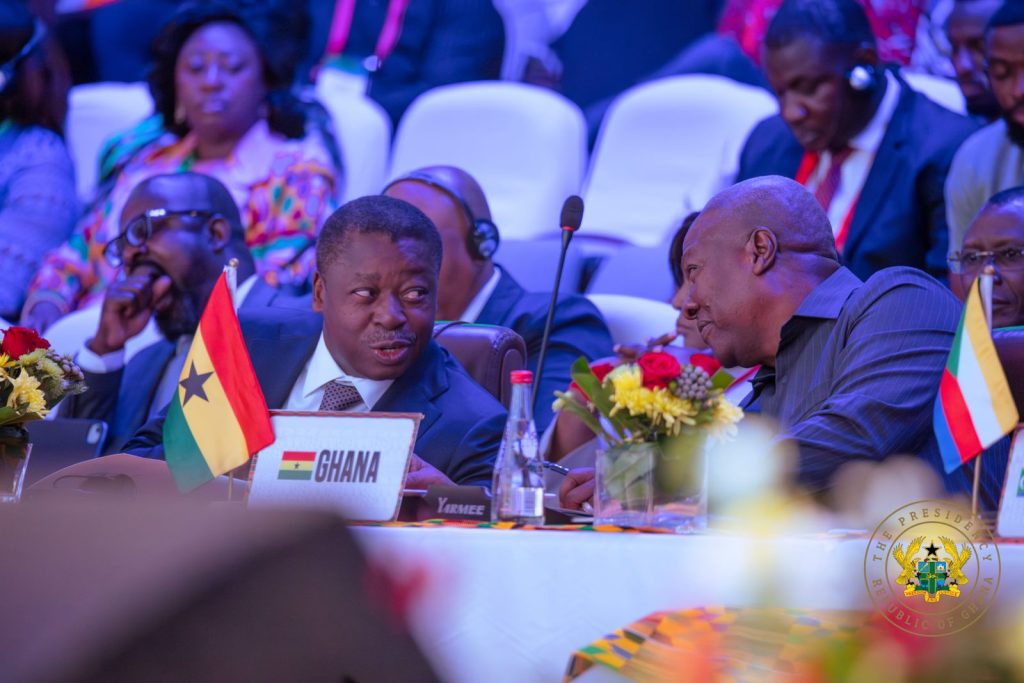
LEVERAGING TECHNOLOGY AND INNOVATION
The Fourth Industrial Revolution presents Africa with a golden opportunity to leapfrog traditional development models. Digital transformation can drive financial inclusion, improve public service delivery, and create new economic opportunities.
We must:
1. Expand internet access and digital infrastructure to bridge the digital divide.
2. Encourage fintech and e-commerce to facilitate trade and economic participation.
3. Invest in research and development (R&D) to support homegrown innovations. Technology can make Africa more competitive—if we embrace it strategically.
GOOD GOVERNANCE AND LEADERSHIP
Prosperity cannot be achieved without good governance, transparency, and accountability. Investors and businesses thrive where there is stability, predictable policies, and the rule of law.
Our youth are tired and frustrated at the lack of opportunities to realise their dreams and aspirations. Our decision to embrace democratic governance was supposed to yield a dividend that would improve the lives of our people and bring prosperity to all. Unfortunately, progress has been sluggish and intangible.
To maintain the faith and trust of our citizens in democratic and constitutional governance, we must accelerate our economic growth, expand investment, and provide employment opportunities for our youth.
As leaders, we must reaffirm our commitment to Strengthening democratic institutions and ensuring free, fair, and transparent elections. We must also fight corruption, which robs our nations of resources needed for development, and promote peace and security, as economic growth is impossible in times of conflict.
A CALL TO ACTION
Your Excellencies, distinguished guests, Africa’s time is now. The decisions we make at this conference must not end in resolutions alone. We must act with urgency, determination, and a shared vision for prosperity.
Let us rise to the occasion, break down the barriers that divide us, and build a strong, self-reliant, and globally competitive Africa.
As Ghana’s first President, Dr Kwame Nkrumah, once said: “The forces that unite us are intrinsic and greater than the superimposed influences that keep us apart.”
Let us embrace those forces and chart a new path for Africa’s economic transformation.
Long live African unity! Long live African prosperity!
Thank you.
DISCLAIMER: The Views, Comments, Opinions, Contributions and Statements made by Readers and Contributors on this platform do not necessarily represent the views or policy of Multimedia Group Limited.









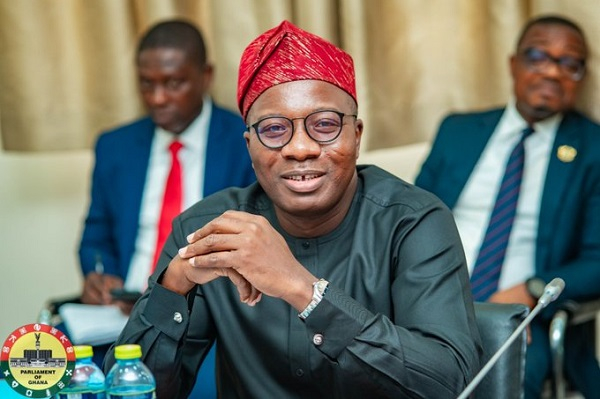
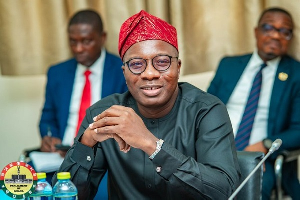




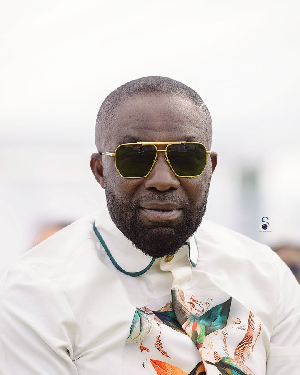

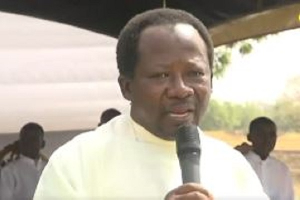

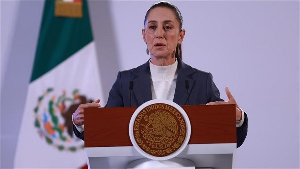








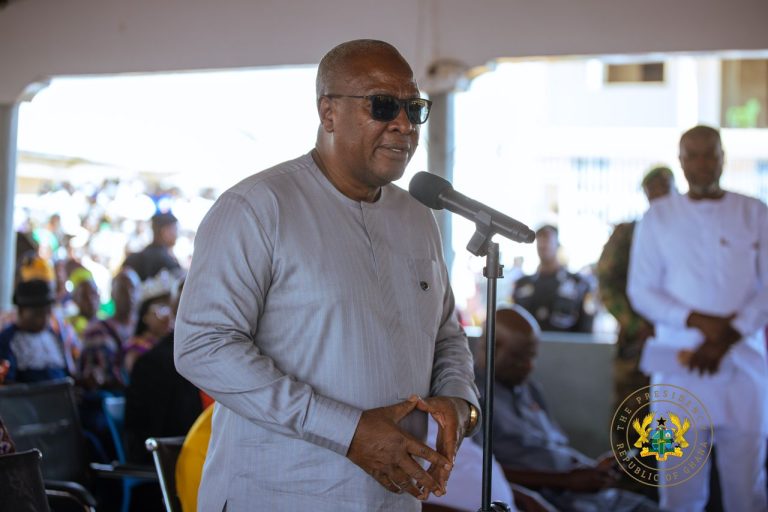
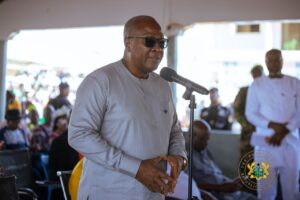









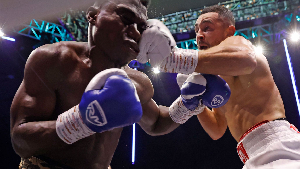
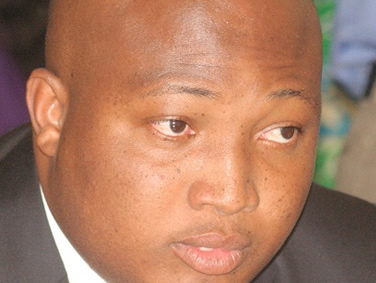





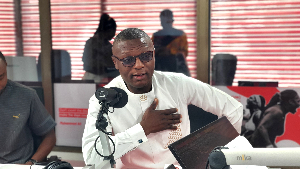



 Young wives, on the other hand, can embrace their beauty and youthful energy in trendy and stylish outfits. Off-the-shoulder dresses, figure-hugging bodycon styles, and flowing maxi dresses in bold prints are all excellent options. These dresses allow young women to express their personalities while maintaining a chic and fashionable appearance. When selecting the perfect dress, it’s essential to consider factors such as body shape, skin tone, and personal style. A well-fitted dress that flatters your figure will boost your confidence and make you feel comfortable. Whether you prefer a classic, sophisticated look or a modern, edgy style, there is a perfect outfit waiting for you.
Young wives, on the other hand, can embrace their beauty and youthful energy in trendy and stylish outfits. Off-the-shoulder dresses, figure-hugging bodycon styles, and flowing maxi dresses in bold prints are all excellent options. These dresses allow young women to express their personalities while maintaining a chic and fashionable appearance. When selecting the perfect dress, it’s essential to consider factors such as body shape, skin tone, and personal style. A well-fitted dress that flatters your figure will boost your confidence and make you feel comfortable. Whether you prefer a classic, sophisticated look or a modern, edgy style, there is a perfect outfit waiting for you. African women possess a unique sense of style and beauty that can be highlighted through carefully chosen dresses. Whether you are a matured woman or a young wife, the right attire will make you feel confident and radiant. So embrace your beauty, choose the perfect dress, and shine like the queen that you are.
African women possess a unique sense of style and beauty that can be highlighted through carefully chosen dresses. Whether you are a matured woman or a young wife, the right attire will make you feel confident and radiant. So embrace your beauty, choose the perfect dress, and shine like the queen that you are.












